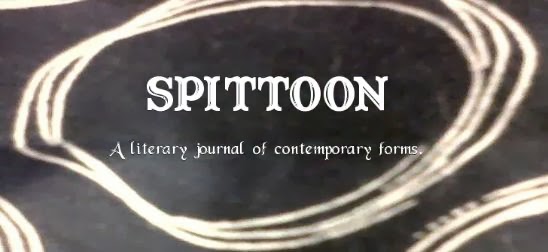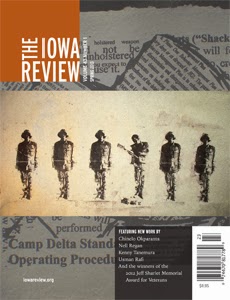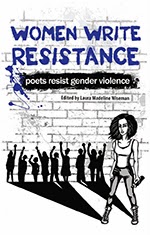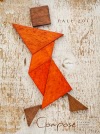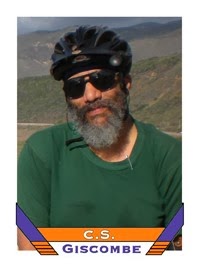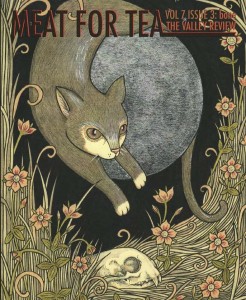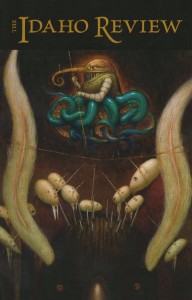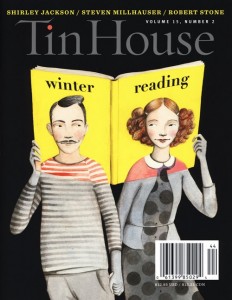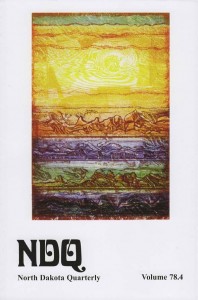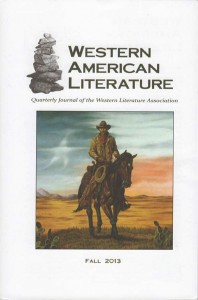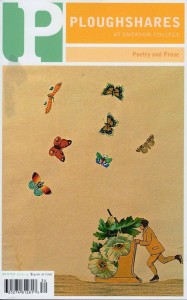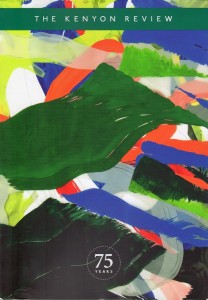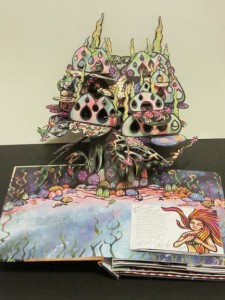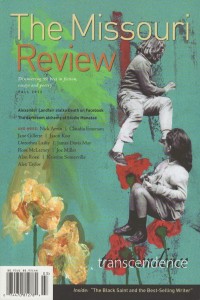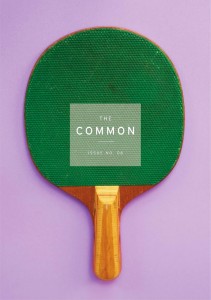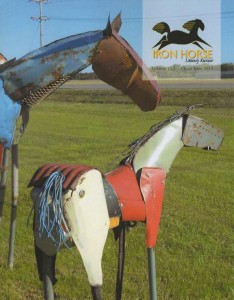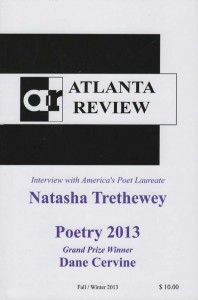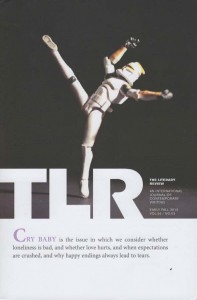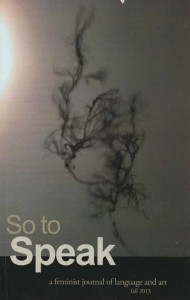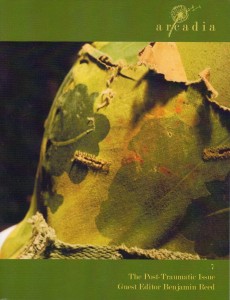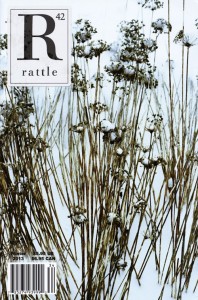Deltona High School’s new online literary arts magazine, Howl, is an after-school organization staffed by students and advised by English teacher Dylan Emerick-Brown. The goal of Howl is two-fold: 1) to teach high school students how to write creatively and clearly in their own voices; analyze, evaluate, and edit others’ work; learn about the writing/editing field as a career option; and overall, expand their minds to the world outside of Deltona and 2) to provide the world with quality selections of literature from which to read and learn.
Deltona High School students read, edit, and publish poetry, fiction, non-fiction, and art from submissions gained either from other Deltona High students or from international submissions that come in from across the globe, giving these students real-time, real-world insight into the world in which they live. They also have partnered with Other Press, Chicago Review Press, and other publishers to read advanced copies of books and write real book reviews. Designers in the class have created website content, web banners, t-shirt designs, and more all while learning about the process of graphic designing as part of a staff from beginning to end. Additionally, the students get to interview acclaimed writers and publishers from around the world either via Skype (face-to-face, so to speak) or email. So far, our students have interviewed or are currently slated to interview:
Robert Pinsky – former US Poet Laureate
Diane McWhorter – Pulitzer Prize winner in fiction
Elizabeth Strout – Pulitzer Prize winner in fiction
Paul Harding – Pulitzer Prize winner in fiction
Lois Lowry – author of The Giver
Lauren Kate – author of The Fallen series
David Levithan – author of Nick and Norah’s Infinite Playlist
John Maguire – author of Wicked
John Duff – Vice President and Editor for Perigee Books, a division of Penguin Books
Barbara Epler – Editor-in-Chief of New Directions
Yuval Taylor – Editor for the Chicago Review Press
The staff of Howl does everything that a professional literary magazine does, and then some. The experience they gain is valuable for continued success in the classroom as well as for future endeavors in the literary arts. Their passion and drive is what runs the website and new, innovative ideas are always spawning from our weekly meetings. The students look forward to setting new goals, expanding their minds, and contributing to the global literary conversation.

